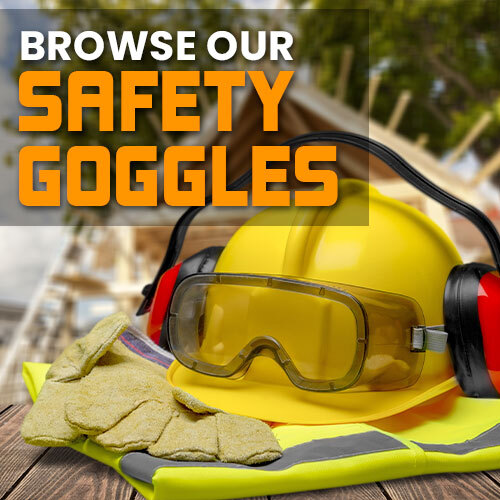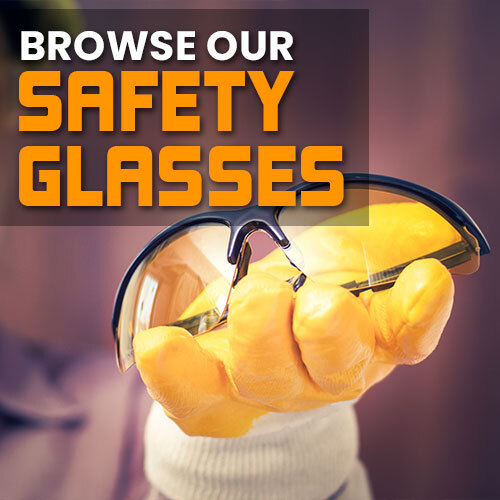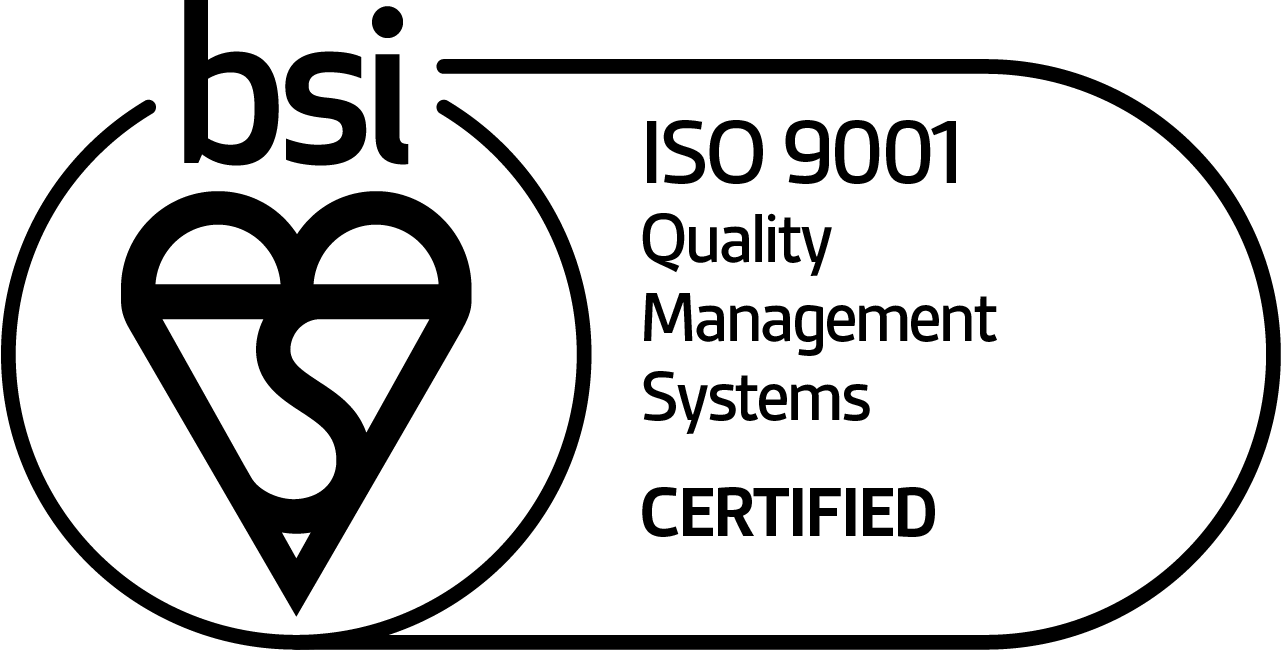| Safety Goggle Marking Guide3 Comments1 May 2018 | Eugene When selecting a pair of safety goggles, it’s important to match your choice to the hazards you will be facing. The frames and lenses of your safety goggles are etched with a series of letters and numbers, each corresponding to a different hazard that they can protect you against. While these symbols can seem daunting at first, they are arranged in a specific order to make them as simple to read as possible. In this article, we’ll explain what each of these markings mean, and how to go about deciphering them when selecting your safety goggles. The first, and most basic, standard that you should look for is EN 166, which should be the minimum standard present on all eye protection. After that, it's time to look at frame markings and lens markings. Frame markings are divided into two categories: Strength Designation and Style and Protection. Lens markings are divided into four categories: Radiation Protection, Light Transmission, Optical Quality and Lens Properties.
As a point of reference, we will use the frame and lens markings of the Supertouch E10 Safety Glasses:
Frame StandardsFrame markings are typically made up of three ratings, and the name of the manufacturer (which, in our example is represented by "STPPE" – Supertouch PPE). These three standards are: the European Standard (EN 166), Strength Rating (S), and Style of Protection (which our example glasses do not adhere to). In our example code, the additional 3-1.2 refers to UV protection, which isn’t included by all manufacturers in their frame markings. Strength Rating BreakdownThere are four possible frame strength ratings that will protect you from the following:
Style and Protection BreakdownThere are four possible Style and Protection ratings, providing:
Example: Referring to the markings on our E10 Safety Glasses, we know they are resistant to impacts with small objects up to 12 meters per second, and are compliant with EN 166. Our example marking doesn't include a Style of Protection Rating, as these are more commonly associated with safety goggles, and not the glasses we've used as our example. Lens StandardsLens markings are usually made up of four standards, and the name of the manufacturer. These are Radiation Protection (3 in our example markings), Light Transmission (1.2), Optical Quality (2), and Lens Properties (S and K). Radiation Protection BreakdownThere are 5 possible Radiation Protection ratings, providing:
Light Transmission BreakdownThere are four possible levels of Light Transmission ratings, allowing the following amount of light to pass through the lens:
To put these numbers into context, goggles with low levels of light transmission should be used in very bright environments, and high levels of light transmission are suitable for areas with comfortable lighting. Optical Quality BreakdownThere are three levels of Optical Quality, each referring to a different optical class:
Lens Property BreakdownThere are seven possible Lens Property ratings:
Example: Referring to the lens markings on our E10 Safety Glasses, we know they provide UV protection with a clear light filter (3) , allow between 74.4% and 100% of light to pass through (1.2), are medium quality for occasional use (2), and are scratch resistant (K) and impact resistant (S). Still Unclear?While we've broken down the main features and standards you need to know when choosing your safety goggles, these things can be tricky. If you have any questions or comments about safety goggle and glasses markings, let us know in the comments section below and we'll get back to you as soon as we can. |







Hi. I’ve just bought a pair of UCI BEAUFORT SAFETY GLASSES IJ0204 for occasional use with this https://www.ebay.co.uk/itm/UV-Torch-Vansky-Pets-Black-Light-12Led-Lights-UV-Dogs-Cats-Urine-Detector-Find-/203087523785 torch (395nm), because the information with the torch recommended UV eye protection and these glasses are advertised as providing that.
The instructions, which have come with the glasses, say they protect against sun radiation, but not hazardous levels of UV light.
Please would you let me know if the glasses are a suitable protection for use with this torch, as clearly, there must be some hazardous level of UV for the torch seller to advise eye protection.
Thanks very much.
Good morning Kerensa,
Thank you for your question.
Those particular goggles conform to EN 170:2002 with the shade 2C-1.2, and so are certified as protective against UV light.
The light shading should provide good colour recognition while still shielding your eyes to prevent potential damage resulting from the UV rays.
While these goggles are certified as providing some protection against UV rays, there may be some intensities that could still pose a hazard. To find out if UV protection of 2C-1.2 under EN 170:2002 is sufficient, we would recommend you contact the manufacturer of your particular UV torch.
I hope this answers your question. Please contact us if there's anything else you'd like to know.
Kind regards,
Eugene at SafetyGoggles.co.uk
Hi, would you possibly know the correct impact protection rating for goggles when using a Sthil Saw.
I'm unsure what distance particles travel at when using this piece of machinery.
Many Thanks,
Stuart.